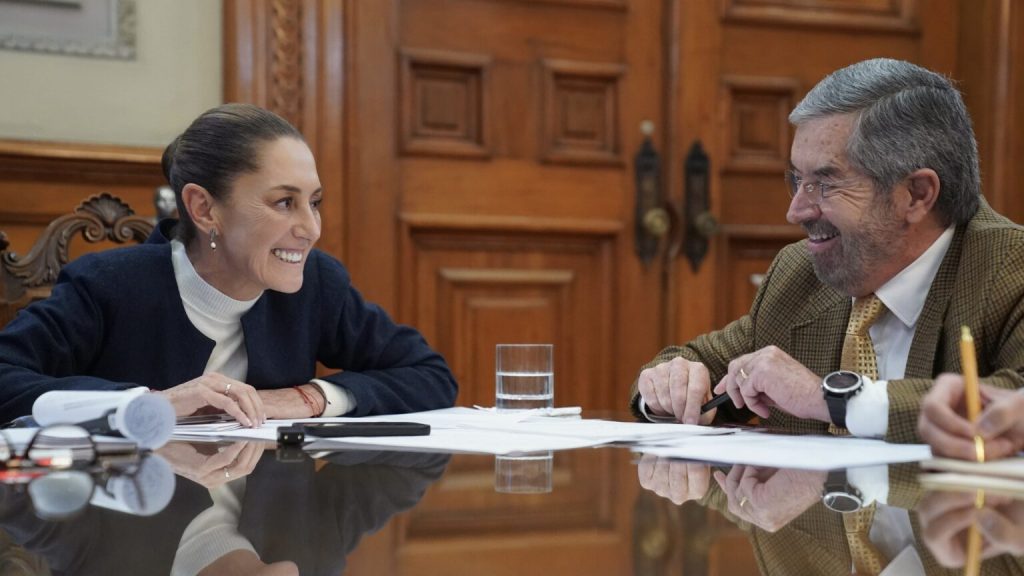Tensions between Mexico and the United States have escalated as Mexican President Claudia Sheinbaum publicly challenges U.S. President-elect Donald Trump over his proposed tariffs and migration policies. Trump recently threatened to impose a 25% tariff on Mexican and Canadian goods and a 10% tariff on Chinese imports unless these countries take stricter measures on illegal migration, drug trafficking, and chemical sales linked to fentanyl production.
In a bold response during her daily press conference on November 26, Sheinbaum criticized Trump’s tariff threats, arguing that they would harm both nations’ economies by increasing inflation and causing significant job losses. She asserted that punitive measures like tariffs would neither solve the migration crisis nor curb drug consumption in the U.S.
Despite Trump’s claims on his social media platform, Truth Social, that Mexico agreed to “close the southern border” to stop migration into the U.S., Sheinbaum refuted this version of events. According to Trump, his conversation with Sheinbaum was productive, and Mexico had committed to stopping the “illegal invasion” of the U.S. However, Sheinbaum took to social media to clarify her stance.
Sheinbaum stated, “I had an excellent conversation with President Trump. I shared Mexico’s comprehensive strategy for managing migration and emphasized that we respect human rights. We care for migrants within our territory before they reach the border. Mexico’s position remains clear: we do not close borders but build bridges for collaboration between governments and people.”
The Mexican president also highlighted Mexico’s focus on addressing the root causes of migration. She emphasized the importance of respecting human rights and ensuring migrants are treated with dignity. Sheinbaum explained that Mexico’s efforts have been effective in reducing the number of caravans reaching the northern border through measures implemented within the country.
In Nuevo León, Sheinbaum further outlined the deep economic ties between Mexico and the U.S. She warned that a trade war sparked by tariffs would lead to economic setbacks, including a contraction in GDP and higher inflation for both nations. She also noted that U.S. reliance on Mexican remittances and labor would make a border closure detrimental to its economy, potentially increasing the U.S. social security debt by 13%.
In addition to migration issues, Sheinbaum addressed broader regional concerns. She revealed that she had urged Trump to lift economic sanctions on Cuba and Venezuela in a formal letter. She stressed the importance of fostering dialogue and cooperation across the continent, promoting mutual respect and collaboration rather than division.
Sheinbaum’s firm stance on migration and her refusal to succumb to external pressures highlight her commitment to human rights and sovereignty. Her approach underscores the need for comprehensive, cooperative strategies that address the complexities of migration, rather than punitive actions that harm bilateral relations and economic stability.

